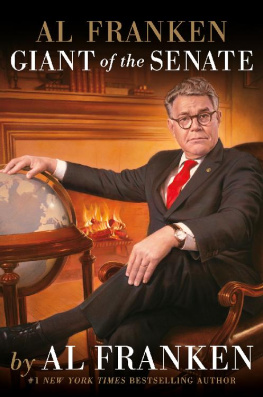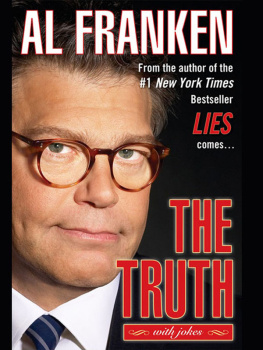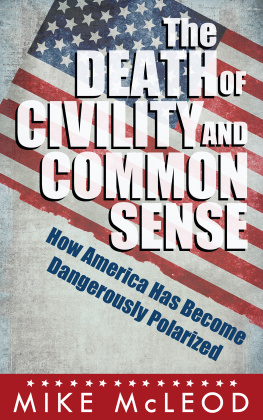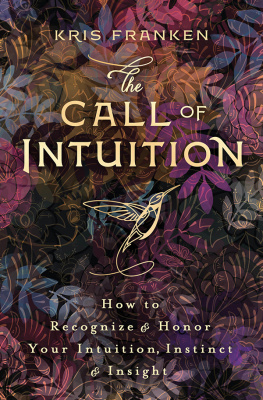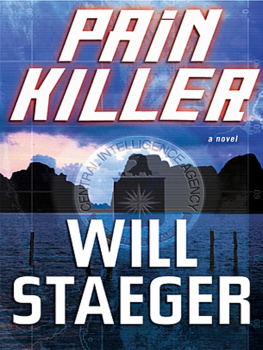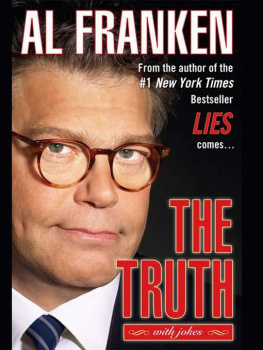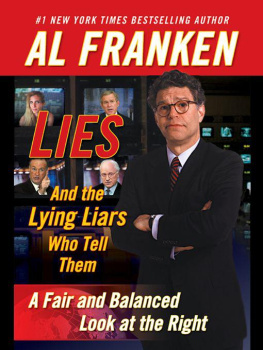Cover design by Jarrod Taylor.
Cover copyright 2017 by Hachette Book Group, Inc.
Hachette Book Group supports the right to free expression and the value of copyright. The purpose of copyright is to encourage writers and artists to produce the creative works that enrich our culture.
The scanning, uploading, and distribution of this book without permission is a theft of the authors intellectual property. If you would like permission to use material from the book (other than for review purposes), please contact permissions@hbgusa.com. Thank you for your support of the authors rights.
Twelve is an imprint of Grand Central Publishing. The Twelve name and logo are trademarks of Hachette Book Group, Inc.
The publisher is not responsible for websites (or their content) that are not owned by the publisher.
The Hachette Speakers Bureau provides a wide range of authors for speaking events. To find out more, go to www.hachettespeakersbureau.com or call (866) 376-6591.
In the eight years since I came to Washington, probably the question Ive been asked more than any other is some version of this: Is being a United States senator as much fun as working on Saturday Night Live?
The answer has always been NO!!! Why would it be?
When people ask me my favorite moment from my fifteen seasons at SNL, I always tell them its all the late Tuesday nights or very early Wednesday mornings when the show got written on the seventeenth floor of 30 Rock, when I was rolling on the floor laughing at a line that Dan Aykroyd or Gilda Radner or my partner Tom Davis just came up with or a character that Dana Carvey or Chris Farley just invented. Nothing could be more fun.
That said, Ive always told people that representing my home state of Minnesota in the U.S. Senate is, without a doubt, the best job Ive ever had. I get to wake up every morning and go to work on behalf of five and a half million peopletaking their best ideas to Washington, fighting for what they need to make a better life, and improving their lives in real, tangible ways.
Which would often prompt them to ask, Are you talking about the same U.S. Senate that is one of the two bodies in todays U.S. Congress? And isnt todays Congress just an unrelenting horror show?
And that was before Trump.
Watching Donald J. Trump take the oath of office to become the 45th president of the United States was perhaps the most depressing moment Ive had since I entered politics, although that record has been repeatedly surpassed since January 20. The heartless and counterproductive Muslim ban; the barrage of racist and/or corrupt and/or unqualified staff appointments and Cabinet nominees; the unhinged tweets attacking anyone who opposes his agenda; the constant, constant, constant lyingTrumps presidency so far has been one shock to the system after another.
And while were still finding out exactly how bad, and exactly what specific kind of bad, President Trump will be, it seems very likely that things in Washington are going to get worse before they get better.
Indeed, people have stopped asking me whether Im having fun in my new career. These days, the question I get more than any other is some version of this: What the hell do we do now?
Were all going to have to figure out the answer together. But, as unpleasant as my job is going to be in the coming months and years, Im still glad to have the chance to be part of the fight. And, really, while nobody could have prepared for the grim reality of a Trump presidency, when I look back at my own political journey, I cant help but feel like Im as prepared as anyone could be for this moment.
This book is the story of that journey.
Its the story of a midwestern Jewish boy of humble roots (the first in his family to own a pasta maker) who, after a thirty-five-year career in comedy, moved back home to challenge an incumbent senator. Its the story of how a satirist who had spent a good part of his career heaping scorn and ridicule upon conservative Republican officeholders developed a solid working relationship with (many of) his Republican colleagues. Its the story of how a novice politician learned not just how to win an election, but how to be good at serving in office: how to find common ground when possible, but also stand his ground when powerful interests come after the middle class. Its the story of how, after spending a lifetime learning how to be funny, I learned how not to be funny.
This book will be different from other books written by U.S. senators. For instance, Im not going to write stuff like, Mitch McConnell and I may disagree, but when were off the clock, were the best of friendssometimes we go to dinner and Mitch will laugh so hard that milk shoots out of his nose. No, Im not going to be writing clichs like that.
Instead, Im going to tell you what its really been like to go from writing political satire to actually being in politics. Im going to tell you how Washington really works. And Im going to tell you what Ive learned about the direction of our country and our prospects for the future.
Is what I do more fun than Saturday Night Live? Not by a long shot. But this book will tell you why, despite all the hugely disheartening moments Ive experienced since I got into politics, I still think I have the best job in the world (some days) and why, despite the rise of Trump, Im still (kind of) optimistic about our future (most of the time [albeit certainly less than I was a few months ago]).
Al Franken
Washington, D.C.
I was born in the house I built myself with my own two hands.
Im sorry. Thats not true. I got that from my official Senate website. We really should change that.
Let me start over.
My dad, Joe Franken, was born in New York City in 1908. When he was sixteen years old, his dad, Otto, a German immigrant, died of tuberculosis. So Dad went to work and never ended up graduating from high school. In 1955, when I was four years old, Dad moved us from New Jersey out to a little town in southern Minnesota called Albert Lea to open a quilting factory. The factory failed within two years, and our family moved up to St. Louis Park, a suburb of Minneapolis.
When I was a teenager, I asked Dad, Why Albert Lea?
Well, your grandfather wanted to open a factory in the Midwest. And the railroad went through Albert Lea.
And why did the factory fail?
The railroad went through Albert Lea, but it wouldnt stop.
Dad wasnt a good businessman. But he was a great dad. And we were a very close family.
Most evenings, Mom, Dad, my brother, Owen, and I would sit together eating dinner on tray tables watching Huntley-Brinkley or Walter Cronkite. And because we grew up during the civil rights movement in the early 60s, we learned some important lessons while we did.
Civil rights, our parents taught us, are about basic justice. And when the news would be full of southern sheriffs turning firehoses, dogs, and nightsticks on demonstrators, my dad would point to the TV and hed say in his gravelly New York voice, No Jew can be for that!
Until 1964, Dad had been a liberal Republican. And Mom was a Democrat. I took after my dad, so until I was thirteen, I was a Republican, too.

